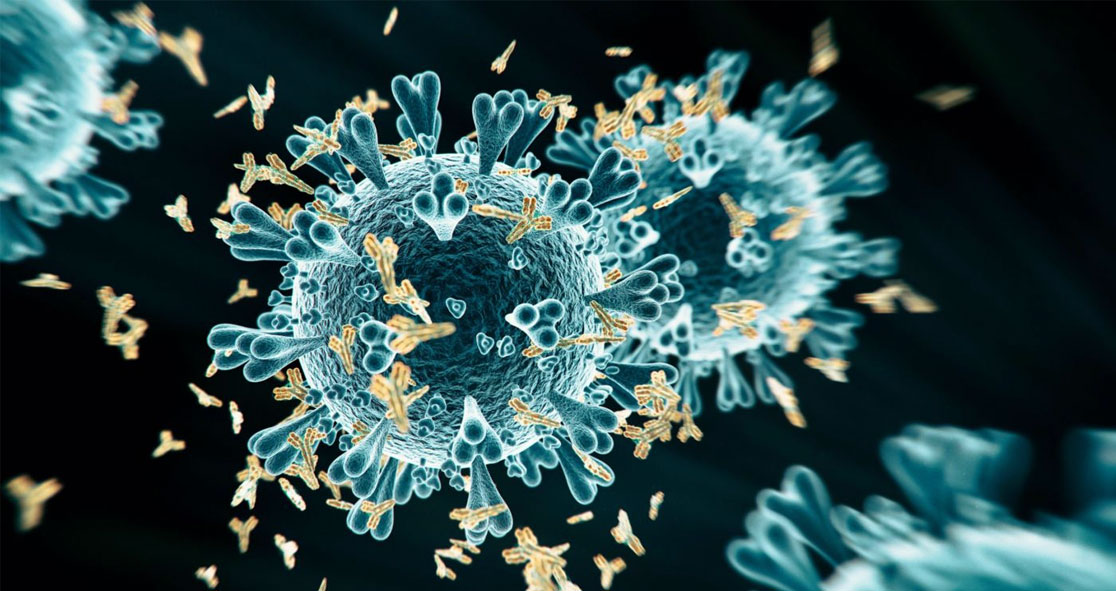A new Italian study, published in the journal Nature Communications, has found that COVID-19 antibody levels persist nine months after initial infection, irrespective of patients have symptoms, according to Medical Xpress.
Scientists from the University of Padua and Imperial College London (ICL) tested over 85% of the 3,000 residents of Vo’, the Province of Padua in the Italian Veneto region, in February-March 2020 for infection with SARS-CoV-2 and then tested them again in May and November 2020 for COVID-19 antibodies.
The researchers found that nearly 99% of people infected in February-March showed detectable levels of antibodies in November.
Furthermore, the team found cases of antibody levels increasing in some people, which suggested potential re-infection with the coronavirus, providing a boost to the immune system.
The study’s lead author Dr. Ilaria Dorigatti of ICL said, “We found no evidence that antibody levels between symptomatic and asymptomatic infections differ significantly, suggesting that the strength of the immune response does not depend on the symptoms and the severity of the infection.”
“However, our study does show that antibody levels vary, sometimes markedly, depending on the test used,” she added. “This means that caution is needed when comparing estimates of infection levels in a population obtained in different parts of the world with different tests and at different times.”
Prof. Enrico Lavezzo of the University of Padua said, “The May testing demonstrated that 3.5 percent of the Vo’ population had been exposed to the virus, even though not all of these subjects were aware of their exposure given the large fraction of asymptomatic infections.”
“However, at the follow-up, which was performed roughly nine months after the outbreak, we found that antibodies were less abundant, so we need to continue to monitor antibody persistence for longer time spans,” he added.
The team also found that at least 1 in 4 infected with COVID-19 passes the infection to a family member.
Project lead Prof. Andrea Crisanti of the University of Padua said, “Our study also shows that manual contact tracing—the search for positive individuals on the basis of known and declared contacts—would have had a limited impact on the containment of the epidemic, had it not been accompanied by a mass screening.”
Dr. Dorigatti said, “It is clear that the epidemic is not over, neither in Italy nor abroad. “Moving forward, I think that it is of fundamental importance to continue administering first and second vaccine doses as well as to strengthen surveillance including contact tracing,” she added. “Encouraging caution and limiting the risk of acquiring SARS-CoV-2 will continue to be essential.”























